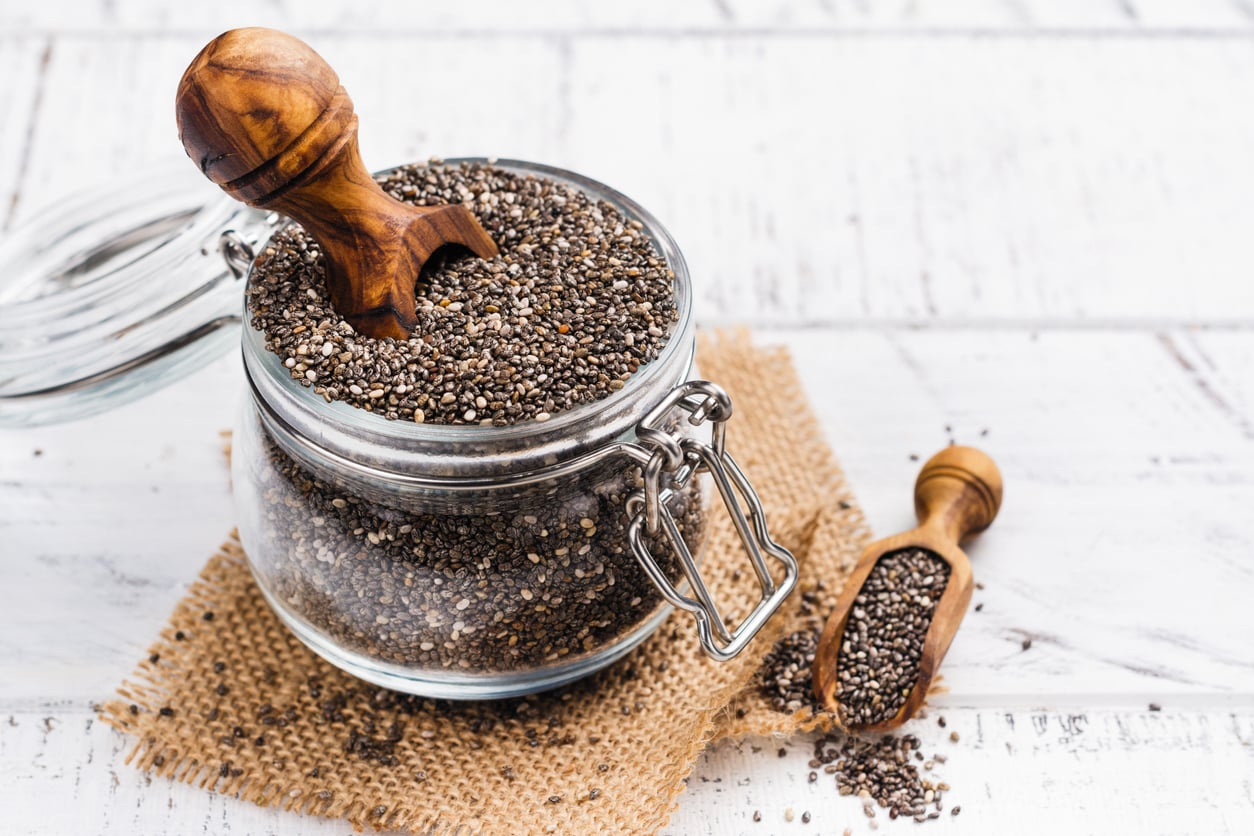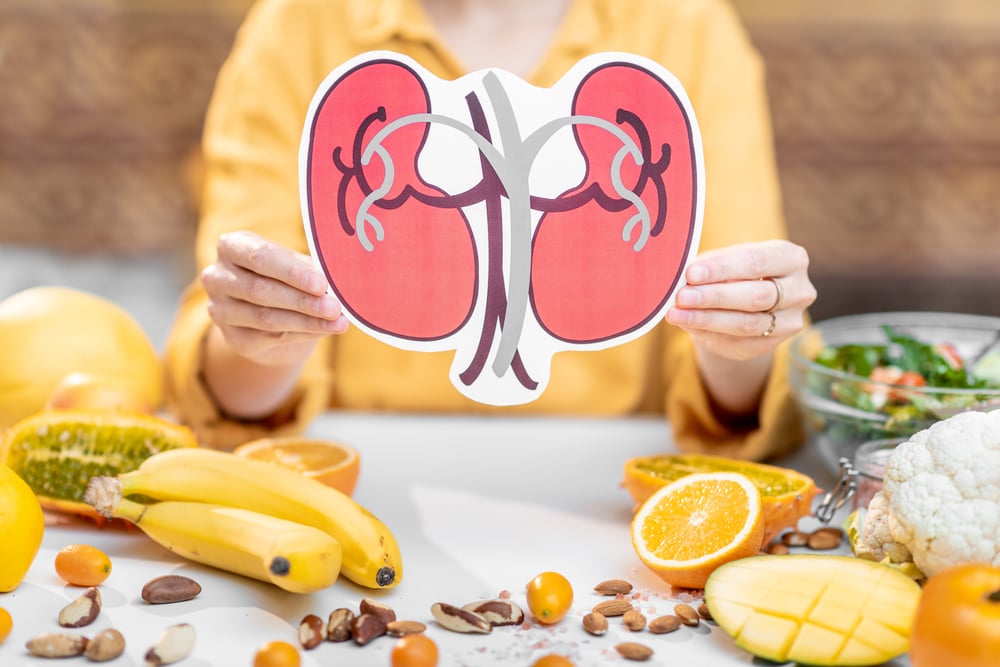Essential Nutrients for Overall Health

Did you know that there are essential nutrients that your body needs in order to function properly? Essential nutrients are those that your body cannot produce on its own, so you must get them from food or supplements. In this blog post, we will discuss the essential nutrients your body needs for overall health. So, if you're looking to improve your overall health, be sure to read this blog post!
Protein
Protein is an essential nutrient for health. It is required for the growth and repair of tissues, and it plays a role in the production of hormones and enzymes. Protein can be found in a variety of foods, including meat, poultry, fish, eggs, dairy products, legumes, and nuts. The body needs protein to build and maintain muscle mass, and it also helps to regulate metabolism. Protein is an important source of energy, and it helps to transport nutrients around the body. Most people need about 0.8 grams of protein per kilogram of body weight each day. When you don't consume enough protein, you may experience muscle weakness, fatigue, and difficulty concentrating.
Carbohydrates
Carbohydrates are one of the most essential nutrients for human health. They are the body's main source of energy, and they play a vital role in many biological processes. Carbohydrates can be found in a wide variety of foods, including breads, cereals, fruits, and vegetables. They are also a major component of many processed foods, such as pasta and bread. The recommended intake of carbohydrates varies depending on a person's age, activity level, and health goals. However, most health organizations recommend that adults consume at least 50-100 grams of carbohydrates per day.
Fat
Fat helps the body absorb and store vitamins, helps to insulate the body against heat loss, and provides a source of energy. Fat also plays a role in the production of hormones and cell membranes, and helps to protect the organs from impact. However, too much fat can lead to weight gain, heart disease, and other health problems. For this reason, it is important to consume fat in moderation. The best sources of healthy fats include nuts, seeds, avocados, and olive oil.
Vitamins
They help to ensure that our bodies function properly and that we stay healthy. Vitamin deficiencies can lead to a variety of health problems, including weakness, fatigue, and even death. While we can get some vitamins from the food we eat, many people also rely on supplements to get the nutrients they need. Vitamin supplements come in a variety of forms, including pills, powders, and liquids. Some people take a daily supplement, while others only take them when they feel they need an extra boost. No matter how you get your vitamins, they are an important part of staying healthy.
Minerals
Minerals are an essential nutrient for health and play many important roles in the body. For example, calcium is needed for strong bones and teeth, while iron is necessary for carrying oxygen in the blood. Minerals are found in many different foods, including meat, poultry, fish, fruits, vegetables, and grains. In addition, many people take mineral supplements to make sure they are getting enough of these nutrients. While most people get enough minerals from their diet, some groups of people are at risk for deficiency.
Water
Every cell, tissue, and organ in the body needs water to function properly. Water plays a role in nearly every bodily process, including digestion, metabolism, transport of nutrients, temperature regulation, and waste removal. Not only does water make up a large percentage of the human body, but it is also necessary for maintaining healthy skin, hair, and nails. Even mild dehydration can lead to fatigue, headaches, and difficulty concentrating. To stay properly hydrated, experts recommend that adults drink at least eight 8-ounce glasses of water per day.



